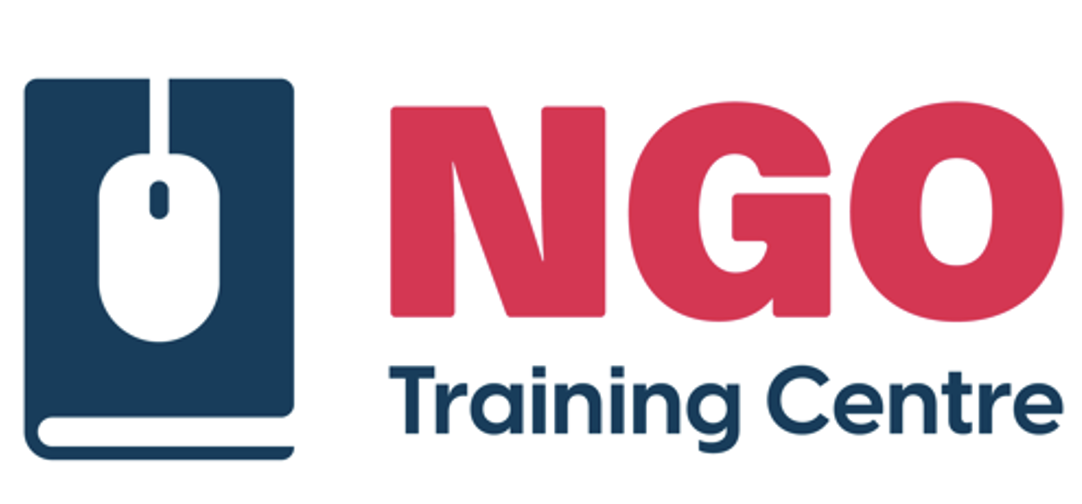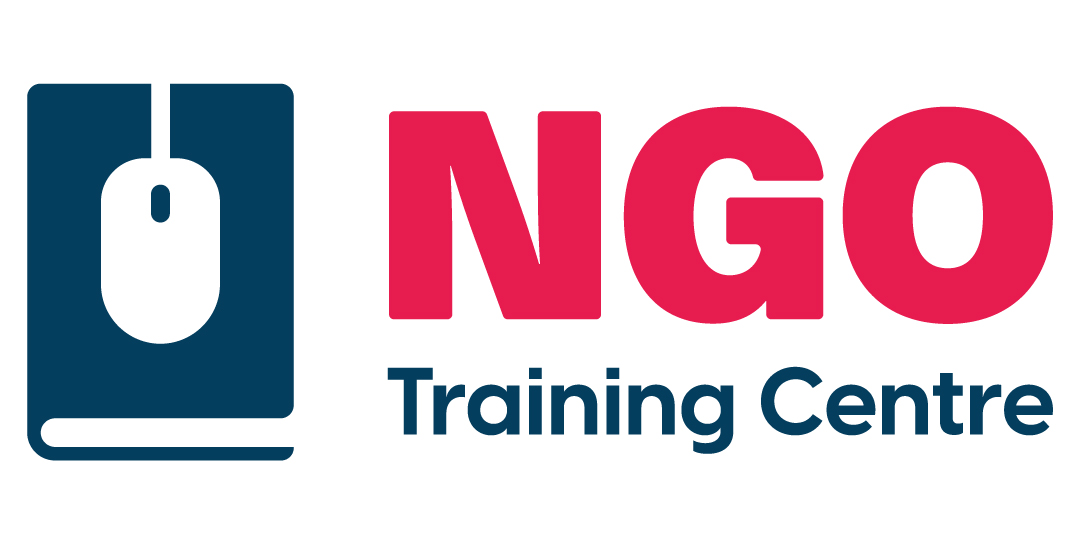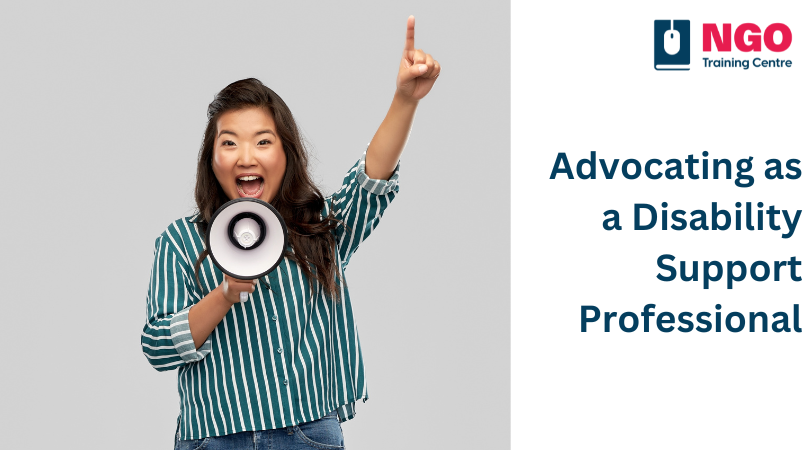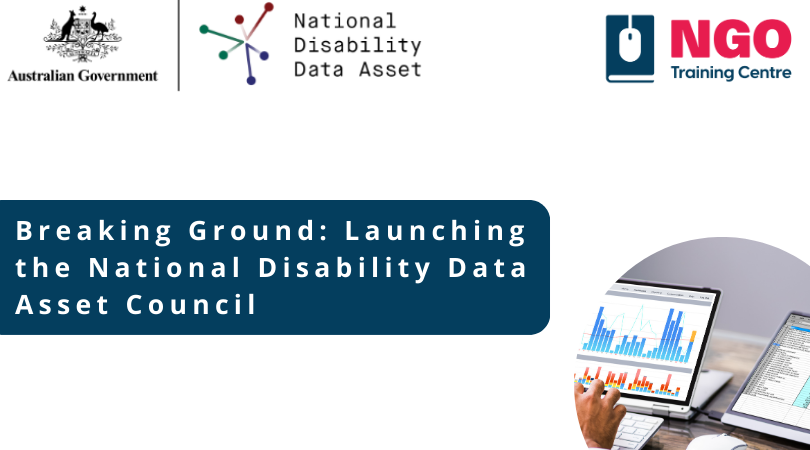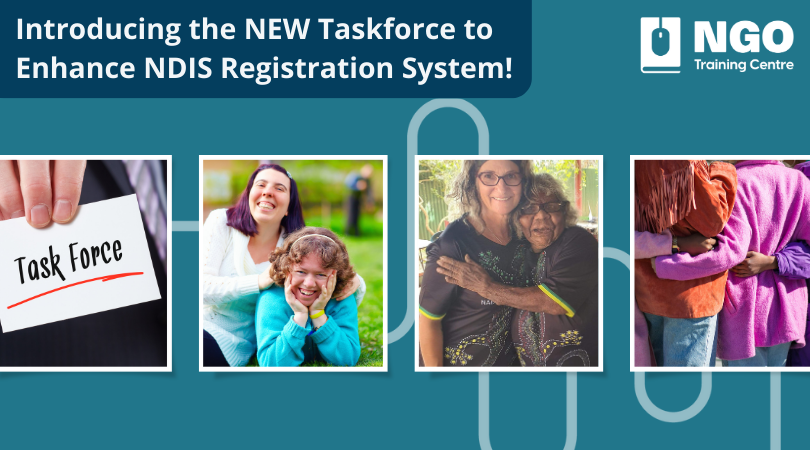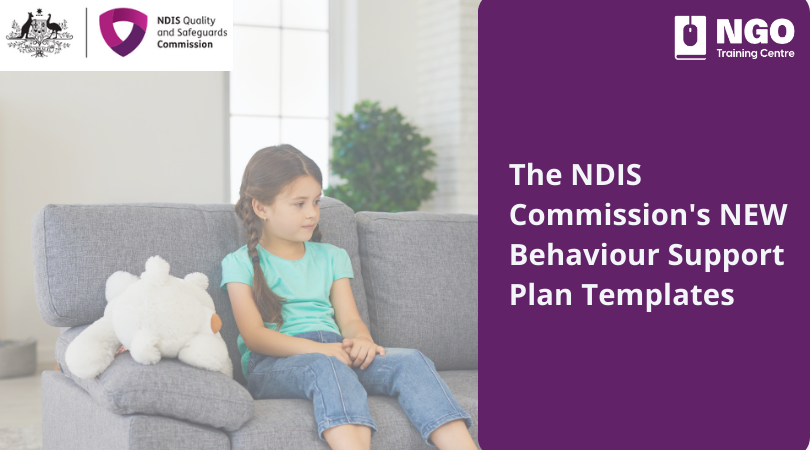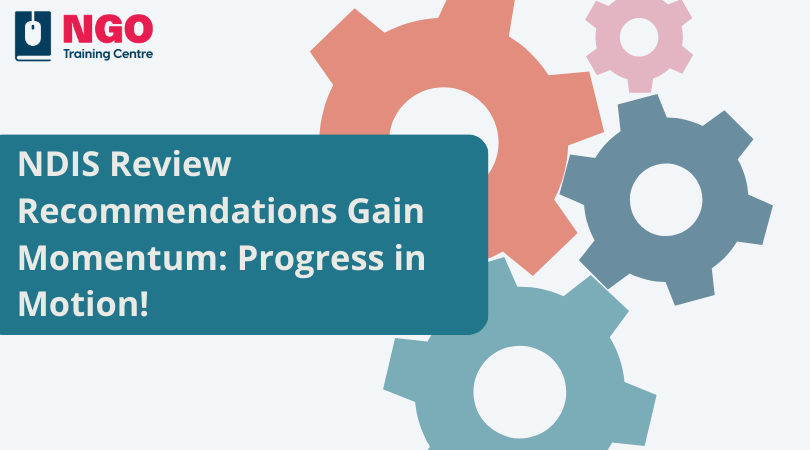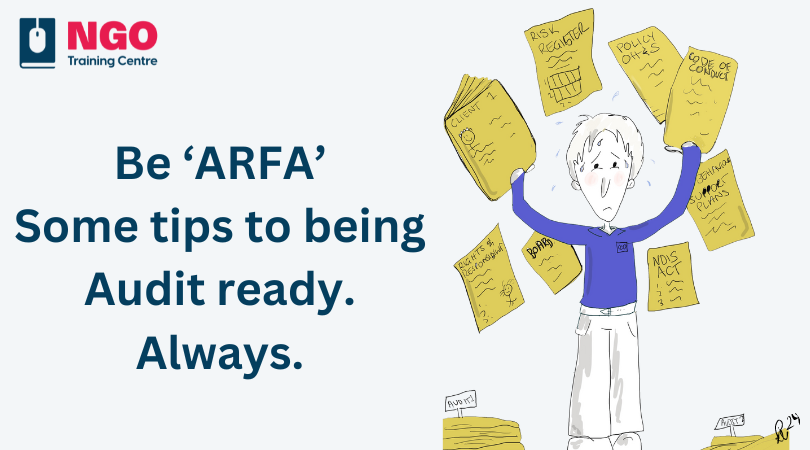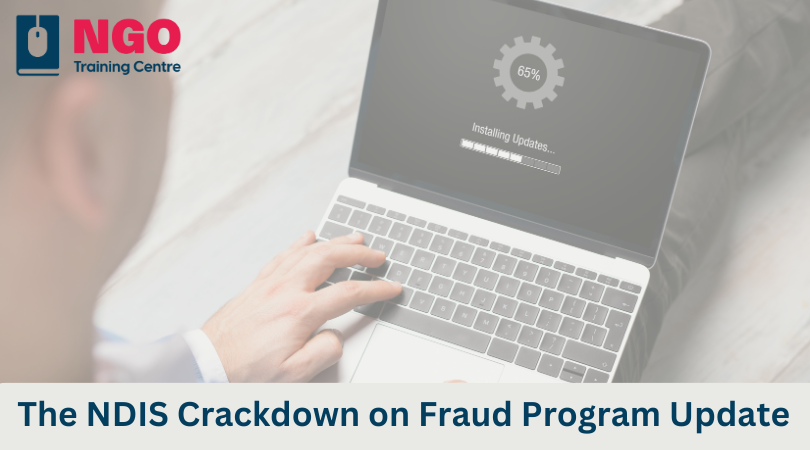
The Australian Government is allocating $83.9 million to boost the National Disability Insurance Scheme (NDIS), ensuring every dollar reaches those who need it most. This funding injection will strengthen the Crackdown on Fraud program, enhancing IT systems to safeguard funds for Australians with disabilities.
Here’s how the funding will be utilised:
- Building a robust fraud case management system for seamless collaboration with enforcement agencies.
- Enhancing IT infrastructure to expedite transactions and minimise errors.
- Improving systems processing over 400,000 NDIS claims daily.
- Strengthening identity verification for enhanced safety and privacy.
- Enhancing the NDIS mobile app and online interfaces for improved accessibility.
This investment safeguards the sustainability of the NDIS, ensuring legitimate participants receive the support they deserve. Minister for the NDIS, Bill Shorten MP, highlights the Government’s commitment to restoring trust in the scheme’s integrity and meeting participants’ needs.
Stakeholder collaboration is at the core of this initiative. They are consulting with the disability community to ensure your voices shape the program’s design. Your feedback matters!
They’re committed to advancing the NDIS’s integrity and sustainability and this investment underscores the government’s dedication to protecting participant funds and ensuring the NDIS reaches its full potential.
Stay informed! Accessible communication materials, including AUSLAN, Braille, and Easy Read formats, are being developed to help you navigate upcoming changes seamlessly.
💬 Remember, if you or someone you know suspects fraudulent activity, please contact the NDIS fraud reporting and scams helpline on 1800 650 717, or email fraudreporting@ndis.gov.au
Written by Amanda Robinson, B.A., MMentalHealth Prac.
Amanda is a professional with over a decade of dedicated experience in the fields of Mental Health and Disability. Her extensive expertise lies in navigating the intricate landscape of the Disability Sector. She brings a unique perspective to her work, being both a person with lived experience of disability and a compassionate carer. She has a passion for advocacy, making her a staunch champion for the rights and well-being of individuals facing similar challenges.

